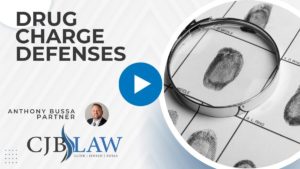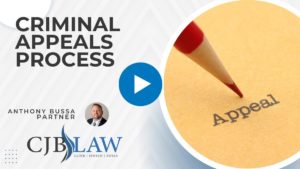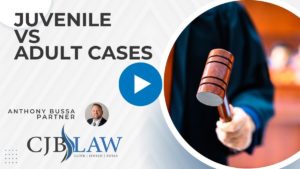Navigating the landscape of the criminal trial process can be daunting. As a seasoned contractor in the legal field, I believe that knowledge of the intricacies of this process can provide individuals with much-needed empowerment. My goal is to demystify the details, helping you understand each stage of the process so that you are well-equipped and prepared to deal with your own legal matters.
It’s important to remember that each case is unique, so while this guide offers a general overview, always seek advice from your own legal counsel for your specific situation.
Initial Steps in the Criminal Trial Process
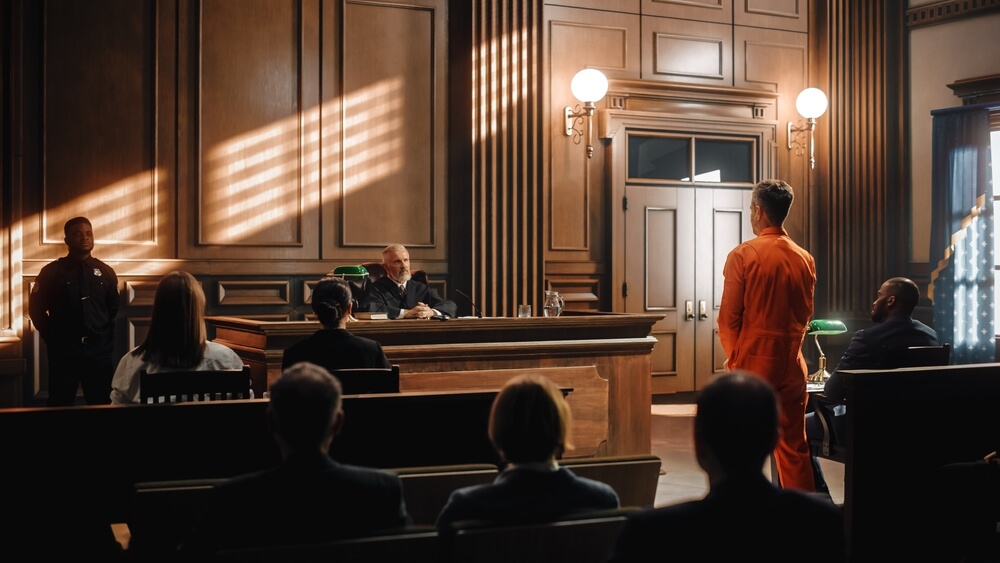
The criminal justice system distinguishes between multiple types and levels of offenses: misdemeanors, gross misdemeanors, and felony level offenses. Although each carries different implications, they all begin with the same initial step: an arraignment.
Arraignment: The First Court Hearing
The arraignment is the first hearing of the criminal trial process. This is when the court will inform you of the charges you are facing, ask whether you understand them, and ensure you are aware of your rights. The arraignment procedure is the same regardless of whether your case is a misdemeanor, a gross misdemeanor, or a felony, with the key difference being the number of jurors in the trial. For misdemeanor and gross misdemeanor cases, the trial will be held in front of six jurors, while a felony case involves a trial by 12 jurors.
Pretrial Considerations and Hearings
Post-arraignment, the course of the process may vary based on the specifics of your case, but there are some common steps most cases follow. You may need to post bond or adhere to certain conditions, depending on whether you are in custody or not. However, the crux of your case progression lies in the pretrial hearings and motions.
Contesting Evidence: Challenging Constitutional Violations
A crucial step in the criminal trial process is determining whether to contest evidence based on potential constitutional violations. This could involve challenging the way the police gathered evidence in your case, citing potential Fourth Amendment (unlawful search and seizure) violations, Fifth Amendment (Miranda rights) violations, or Sixth Amendment (right to a fair trial) violations.
Discovery Violations and Motions
If there’s a possibility of discovery violations, or if you need more discovery (the exchange of legal information and known facts of the case), you may need to bring motions to compel this. It could be critical information held by the state or other entities. Successfully leveraging these motions can significantly shape the development of your case, allowing you to utilize all available resources.
Proceeding to Settlement Conferences or Trial
As your case advances, based on your negotiations with the state, you’ll reach a crossroads: resolve the matter through settlement or proceed to trial. If you opt to go to trial, you will need to strategize your approach. This strategy could be heavily influenced by the outcomes of your pretrial motions and your analysis of the evidence.
Preparing Your Case: Trial Backwards Strategy
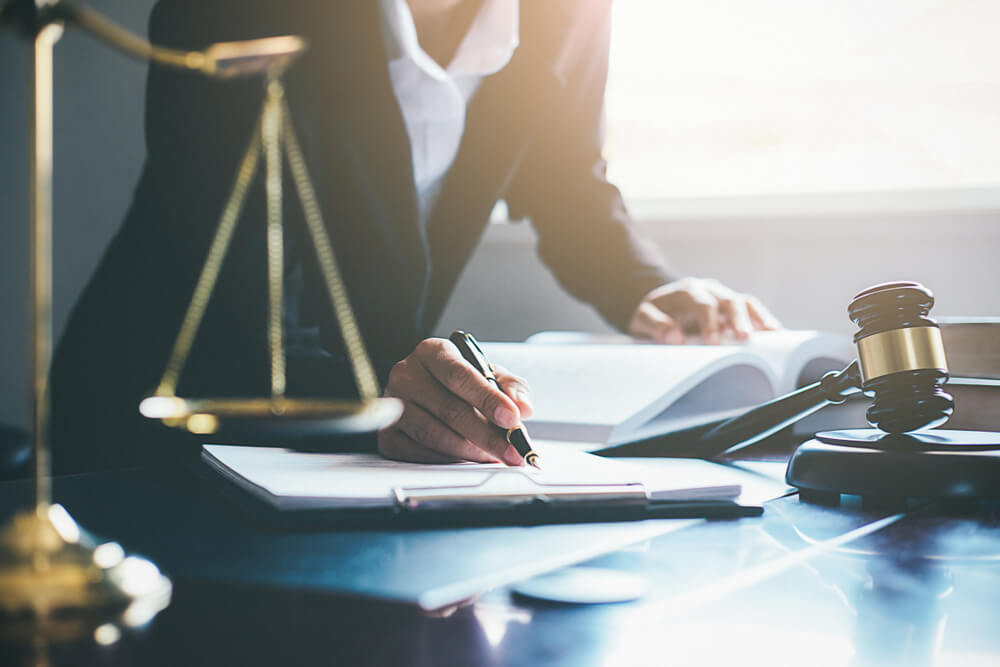
A key strategy in the criminal trial process is adopting a ‘trial backwards’ mindset. This means preparing as if you’re going to trial right from the outset, developing your case with that end goal in mind. This approach can set your case up for success, and often leads to favorable outcomes.
Remember, every case is unique, and often, there’s more evidence than what initially meets the eye. Therefore, taking an in-depth, meticulous approach in preparing your case can unearth crucial details that could significantly alter the course of the trial.
The criminal trial process can be intricate and intimidating, but understanding its nuances can provide a sense of control and preparedness. Stay informed, be prepared, and remember to consult your legal counsel for advice tailored to your situation. Contact CJB Law today to speak with one of our legal experts about your criminal case.

